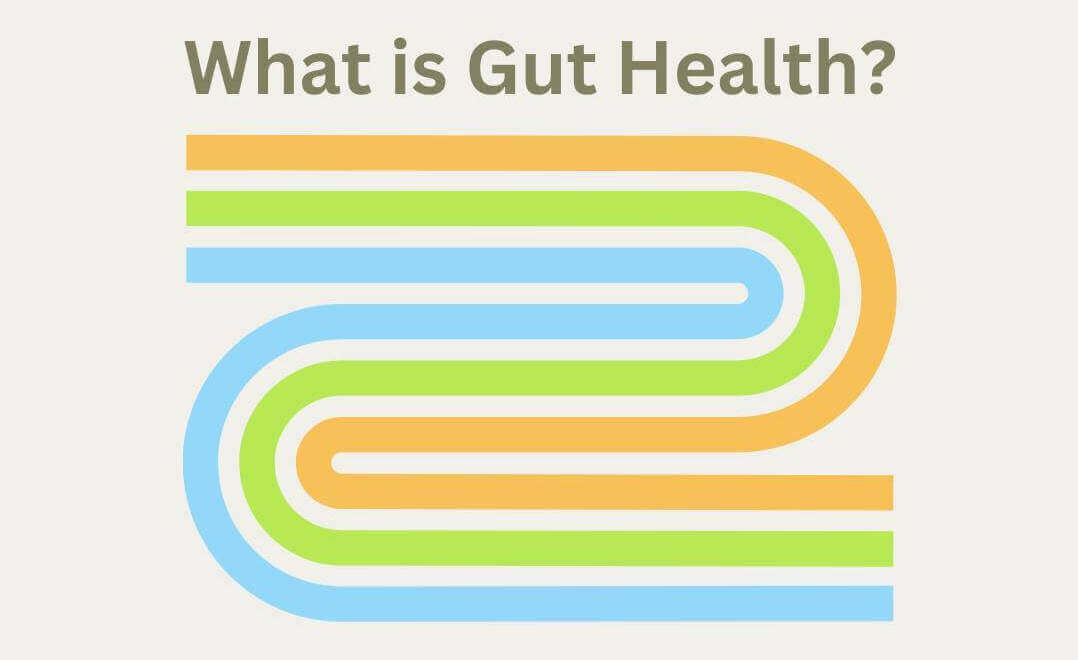Understanding Gut Health
Simply put, your gut refers to your gastrointestinal tract, where digestion and nutrient absorption take place. But it’s so much more than that! Gut health is all about maintaining a balance of good bacteria in your digestive system. These beneficial microorganisms play a crucial role in keeping your gut happy and your body in tip-top shape!
When your gut is thriving, you’ll experience improved digestion, a stronger immune system, better mood, and even clearer skin! So, how can you take care of this essential ecosystem? Here are some tips:
- Eat a diverse diet rich in fruits, veggies, and meat to feed those good gut bugs. 🍓🥦🍚
- Include probiotic foods like yogurt and fermented goodies to introduce friendly bacteria. 🍶🍄
- Minimize processed foods, sugary snacks, and excessive alcohol, as they can disrupt the gut balance. 🚫🍰🍺
- Stay hydrated! Water helps maintain a healthy gut lining.
Why is Gut Health Important?
Gut health is vital for overall well-being. Our digestive system houses trillions of beneficial bacteria that play a crucial role in digestion, immunity, mental health and more. A balanced gut promotes efficient nutrient absorption and reduces inflammation, benefiting various bodily functions. To maintain optimal gut health, focus on a fiber-rich diet, the right probiotics, and staying hydrated.
Some topics that relate to digestion:
- mental health, anxiety
- skin, acne, eczema
- weight loss
- inflammation
- immune system
- bloating
- hormones
Our doctors can assess your individual gut health and give you your next step!
Gut Health and Your Microbiome
Gut health refers to the balance and functionality of the gastrointestinal tract. The microbiome, a complex community of microbes residing in the gut, plays a vital role. It influences digestion, immunity, and overall well-being. A diverse and balanced microbiome is crucial for maintaining optimal health and preventing various disorders.
 “Improve Your Gut Health”
“Improve Your Gut Health”
article by Dr. Mark Hutsell
Initially published 2021
In our gut/colon – the tract from our mouth to anus – we have a symbiotic relationship with microbes that must be maintained to be healthy. The microbe balance is affected by foods, thoughts, and activity.
Our body is constantly telling a story of how we are interacting with life.
I saw a 5-year-old recently who had just witnessed a cocoon transforming into a beautiful butterfly. The look of wonder, awe and excitement was priceless. The experience inspired me, and I wanted to encourage you of the wonder and awe that surrounds us and is in us every day. What’s right with us is able to take care of what is wrong with us. The Creator is in the creation. The Producer is in the product. We get to be cocreators of our world. We get to steward the holy temple our spirit inhabits.
These things can all alter our microbiome:
- Foods that are processed, full of artificial chemicals for color, flavor, and preservation
- Stress and negative thoughts
- Physical inactivity
This matters to you because 80% of your immune system’s neurotransmitters are from the colon. An imbalance of the microbiome is a generator of inflammation and allergies.
Did you know the quality and quantity of your poo can be an insight into your microbiome? Is it floating or sinking? What is the color? Is it fatty, pasty, etc.? Your skin can also be a good barometer of colon health – do you have dark circles under your eyes or acne? Your mood, attitude, energy, and nervous system can also reflect your colon health. Did you know your food cravings can indicate an imbalance? Often without realizing, we are feeding the cravings of an imbalanced microbiome. Keeping a food diary can reveal trends you aren’t aware of and help you reflect on what preceded the symptom. Add low glycemic foods to your diet like vegetables. They are full of fiber and do not dramatically spike insulin or blood sugar.
Prosynbiotic by Standard Process is both a probiotic and a prebiotic. Prebiotics create the conditions so that probiotics can be established and thrive to balance the microbiome. We have 10 probiotic/intestinal health products in our office to cover the many unique conditions people have.
Other ways to improve your digestion include sitting down to eat, chewing more slowly and completely, and praying before your meal to change your state of mind. I encourage you to find ways that bring your calmness like taking a walk and talking things out with someone. You are “what” and “how” you eat!


 “Improve Your Gut Health”
“Improve Your Gut Health”